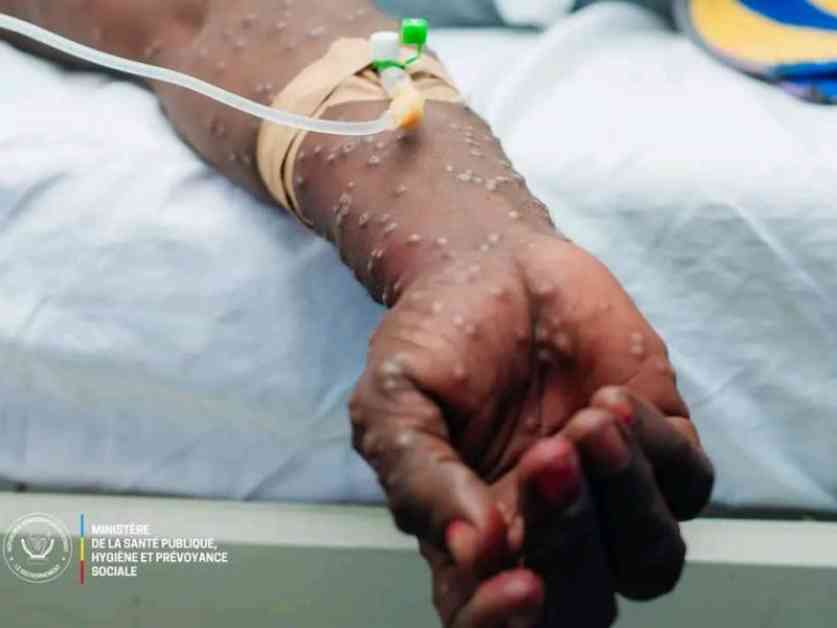President Tshisekedi Leads Efforts Against Mpox Epidemic
President Félix Tshisekedi of the Democratic Republic of Congo (DRC) took a significant step in the fight against the Mpox epidemic by overseeing the official handover of laboratory reagents and equipment at the National Institute of Biomedical Research (INRB) this past Saturday. This donation, provided by Africa CDC (African Centre for Disease Control and Prevention), is a crucial addition to the new vehicles recently made available by the Congolese government.
Advances in Mpox Response
During the ceremony, President Tshisekedi received several presentations on the current state of the epidemic. Dr. Dieudonné Mwamba, the Director-General of the National Institute of Public Health, highlighted the progress made in the response efforts: the number of reported suspected cases has increased from 3,000 in 2022 to over 61,000 in 2024, with a significant improvement in biological detection from 9% to over 60%. The fatality rate has also decreased from 4.5% to 2.2% during the same period. However, continued efforts are required to enhance diagnostics and further reduce fatalities.
Africa CDC’s Support
Dr. Jean Kaseya, the Director-General of Africa CDC, expressed his gratitude to President Tshisekedi for his commitment. He mentioned that $10 million had been allocated in August 2024 to support the epidemic response and announced an additional $600,000 fund to cover the salaries of frontline teams for six months. Additionally, he disclosed plans to expand testing to seven new provinces, extending beyond the current locations of Kinshasa and Goma.
Minister of Health Acknowledges President’s Efforts
Minister of Health Roger Kamba commended the President for his role in this initiative. “This donation demonstrates that access to essential services is a priority for you,” he stated, emphasizing the positive impact of this equipment on healthcare improvement.
The Mpox epidemic, first identified in 1970 in Basankusu, Equateur Province, continues to affect the DRC. Transmitted through animal-to-human or human-to-human contact, this disease remains prevalent in the country’s forested regions.
As we reflect on the ongoing battle against Mpox, let us recognize the tireless efforts of healthcare workers, researchers, and policymakers who are working together to combat this deadly disease. Each contribution, big or small, plays a crucial role in protecting the health and well-being of communities across the nation. Let’s continue to support these critical efforts and stand united in our fight against Mpox.

















